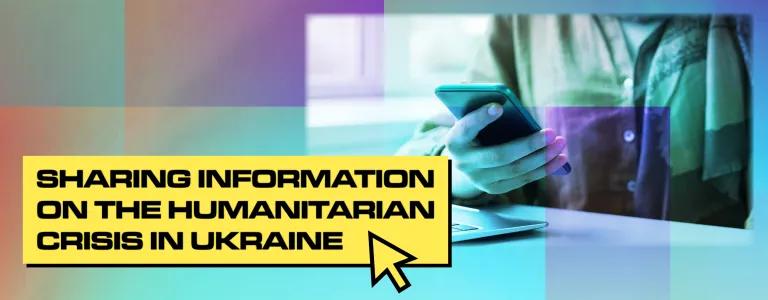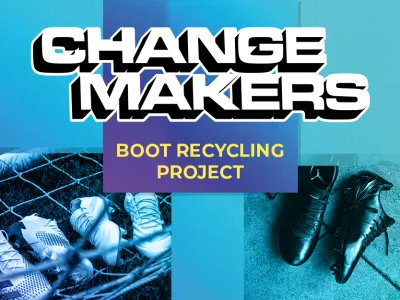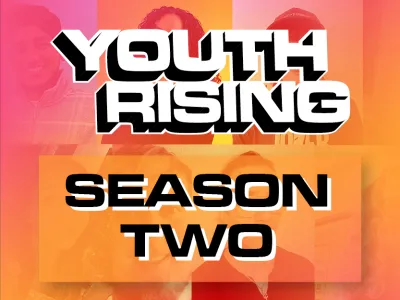
Sharing Information On The Humanitarian Crisis In Ukraine
The conflict currently happening in Ukraine can seem incredibly overwhelming and intimidating to take in and understand. And sometimes the internet can make it harder, with loads of information being flung at you from loads of different angles and sources. So how can you make sure what you’re reading and learning is correct, trustworthy and reputable? First Draft, an organisation whose mission is to protect communities from harmful misinformation, works to empower society with the knowledge, understanding and tools needed to outsmart false and misleading information. And they have some useful tips when it comes to learning about what’s going on at the moment….
MISinformation vs DISinformation
It’s important when you’re reading to understand the difference between misinformation and disinformation, so that you can figure out whether the sources you’re reading from are trustworthy or not.
Disinformation is when people intentionally create false or misleading information to make money, have political influence, or to maliciously cause trouble or harm. They might do this for money, for political gain, or to purposely make others confused. Think propaganda or opposing political parties.
Misinformation is when people share information that they don’t realise is disinformation, false or misleading. They might do this simply because they’re trying to help, want to be part of a community, or want to be seen to be taking action without understanding fully. Think of your friend on social media who just reposts everything with a hashtag, without actually researching it.
So, your friend’s sister’s aunty’s postman’s theory and/or conspiracy floating around on Facebook is definitely not the place to start. In fact, social media itself is not always the best port of call. Although platforms like Twitter can be a speedy way to receive news, it can also very quickly turn into twisted ‘facts’ and the spreading of anxiety through untrustworthy retweets.
It’s important that when you do look for information, you’re going to the right place. Government officials like Gov.uk give frequently updated advice on what you can do to help, fact checking sources like Full Fact are a team of independent fact checkers and campaigners who find, expose and counter the harm it does and the BBC is a well trusted news outlet, with up to date information.
It’s also important to check your sources. With the wealth of information online and freedom to upload anything, anywhere, some is bound to come from uncredited sites. So, if you see anything that comes from a website you’ve never heard of, never seen before, or just don’t really trust, then simply don’t trust it.
Think about the visuals
Visual information, like photos and videos, are quickly uploaded and spread around the internet. And like with written words, it’s important to make sure what you’re seeing comes from a credible source, and is up to date. During times of crisis, lots of old videos and photos can be reshared to make people believe certain things are happening at certain times, causing even more chaos and confusion. If you’re unsure of whether a photo or video is up to date, you can always use a reverse image search website to see the first time and date that images were put online.
You can also use First Draft’s Five Pillars of Visual Verification when looking at images or videos and ask yourself the following questions if you don’t feel sure of the content you’re seeing:
Provenance: Where did the content originate? Is this the first version?
Source: Who created the original content? Remember that the person who posted the content isn’t always the original source.
Date: Remember that the upload time can be different to the time something was captured.
Location: If the content is geotagged, does the location make sense? Have you independently verified the location?
Motivation: What motivated the source to create this content?
Read the whole thing
It’s easy when you see things online to be sucked into click-bait headlines, snapshots or quotes. But it’s super important to read everything. If an article is being shared because of an attention grabbing - or controversial - headline, make sure to read the whole thing before sharing yourself. Headlines don’t tell the full story, and sometimes can be incredibly misleading. And remember to check the date of any story you do share to make sure it’s relevant.
And remember to give yourself a break from the news cycle when you can - it doesn’t mean you don’t care. It can sometimes feel like you have to know everything about everything at all times, but that can be harmful for your mental health - especially when the content you’re taking in is distressing in its nature. So, remember to turn off the screens every now and again and just take stock of what you do know. Talk to family members or friends if you want to have conversations about what is going on in Ukraine, and take a look at organisations that are doing things to provide relief for the people living in, fighting for, and escaping from the country. Global Citizen has an incredibly useful list of ways you can make an impact that include things like monetary donations, taking action at peaceful protests, staying informed, and creating care packages.
And, if you feel overwhelmed by what is going on and feel like you need to talk to someone, you can contact The Mix who offer free information and mental health support to under 25s or contact Childline for free on 0800 1111 or via www.childline.org.uk.




